How the US can avoid an all-out war with China
It’s impossible to ignore China’s rising military ambitions. But at what point would the US blow the whistle?
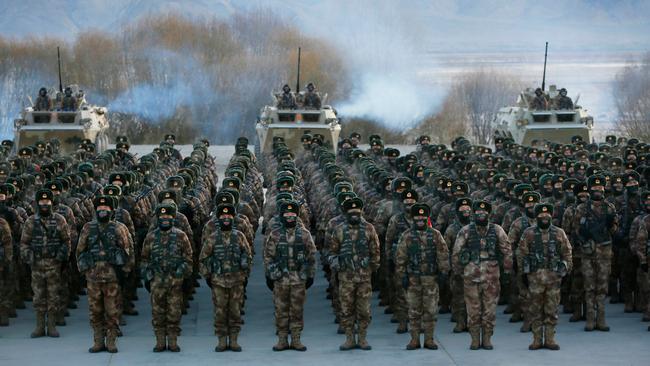
Back in the late 1880s German naval officers used to clink glasses and drink to “Der Tag!”, the day of reckoning with the British. Do Chinese officers make similar toasts with an eye on America, the country that has to be challenged at sea if an insurgent power is to make the grade?
A heavyweight think tank, the Council on Foreign Relations (CFR), warns that Taiwan is becoming the most dangerous flashpoint in the world for a possible war that involves the United States, China and probably other big powers. That might just be a bit of early-term alarmism (after all, plenty of other foreign policy crises are jostling for Joe Biden’s attention) but it’s certainly remarkable how little a Taiwan crisis is publicly discussed in the West given the earth-shattering bang that would follow from an armed showdown between Washington and Beijing.
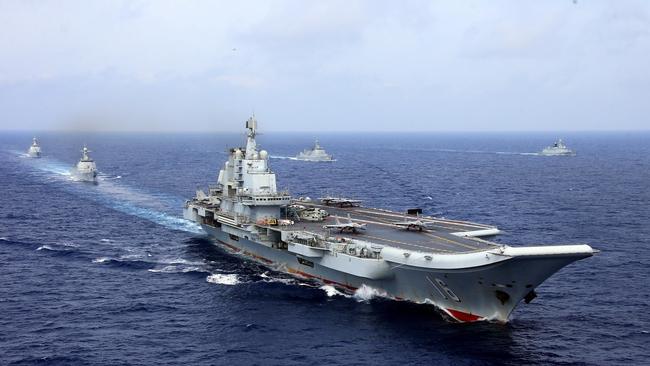
It was easier for past US administrations to inhabit the realm of strategic ambiguity when it came to the defence of Taiwan. With Xi Jinping’s increasing assertiveness and his huge military investment, that position can’t hold for long. Not when Xi’s commandos carry out exercises on a full-size mock-up of the Taiwan presidential palace. Biden thus faces plenty of unanswered questions on what could turn out to be existential issues.
If China were to invade Taiwan, how long would it take before the US came to its aid? Would the US risk all-out war? If Beijing tried to slowly suffocate Taiwan, as it has Hong Kong, at what stage and at what level would the Biden administration intervene? Would it do so alone, or with allies?
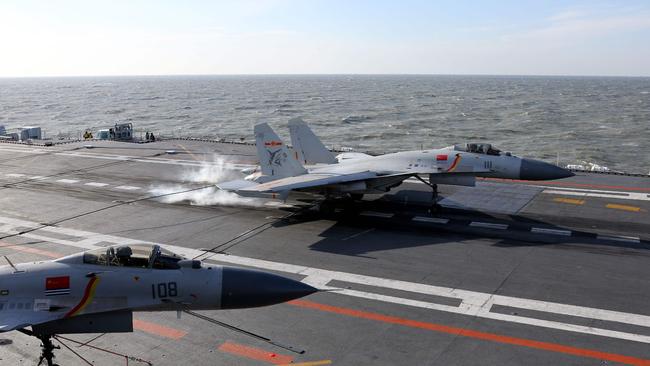
The Taiwanese themselves count on arms supplies from the US as a way of making Xi think twice.
But ultimately their core defence will come down to long-term resistance to a notional Chinese occupation. After visiting the political warfare college in Taiwan, I had a chocolate milkshake with a young captain. Where’s the best part of the military to serve, I asked her. “Easy,” she said, “the air force. The best pay, better kit, more exciting.”
The second was the navy: good holidays, technically interesting. So why, I asked, did you join the army? She sighed. “When China attacks, the air force get killed first. Then the navy gets sunk. And the army … we head for the mountains.”
I thought at the time that it was just a bit of barrack-room nihilism but it was the clearest expression of how a small country of 23 million faces off a threat from a huge neighbour with 1.4 billion people, an army of 163,000 pitted against more than two million. You hang on until the cavalry arrives.
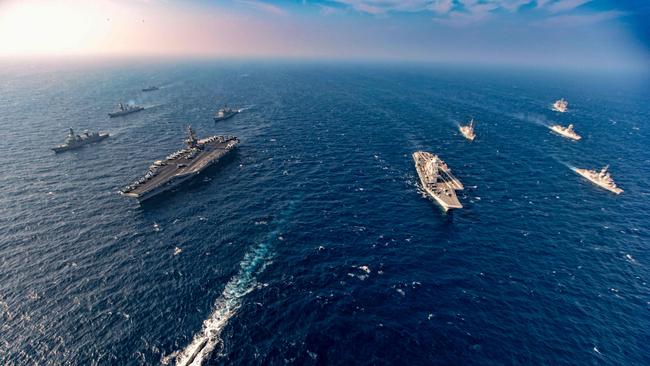
It is not a foregone conclusion, though, that China would score an easy victory in Taiwan. For one thing it has had no real combat experience since its month-long war with Vietnam in 1979. It took a pasting then. Recent amphibious landing exercises have reportedly not gone well. And the conventional wisdom is that China would only be able to land large numbers of troops on Taiwan’s beaches between March and May. Xi is due to be declared “chairman” by the Communist Party in 2022; his nationalist posturing may get worse. Some speculate that he may be ready to snatch Taiwan that spring.
It’s impossible to ignore the rise in the number of Chinese spy planes or the flotillas of sand dredgers close to Taiwan’s waters. The former are taking pictures, the latter could end up cutting underwater internet cables.
Intelligence analysts say China has developed a landing craft capable of carrying tanks. Bunker-busting aircraft have also been developed in the knowledge that Taiwan’s top brass would head to a tunnel complex underneath Taipei if the island were invaded. A naval blockade, a cyber-attack on Taiwan’s critical infrastructure – all these are considered feasible moves by the country’s defence establishment.
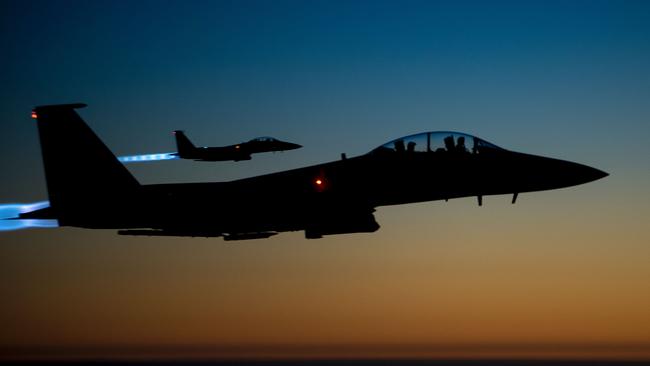
Hence the question: at what stage should the Biden administration blow the whistle? A blockade that shades subtly into a Chinese takeover, in effect a fait accompli while the US leadership is distracted, would be a triumph of sorts for Xi. It would demonstrate that the US no longer has clout in Asia and that its security ties to South Korea or Japan are worthless.
The CFR paper is the most useful steer yet as to what Biden can do to replace the bluster and zig-zag of the Trump era. The calculation has to be that Biden wouldn’t risk a war with China. Yet, short of that, he has to build a line of credible deterrence. Trump’s madman tactics may have made Xi think twice about grabbing Taiwan but they didn’t provide a strategic framework, not for a Chinese leader who is already planning five years ahead.
The CFR’s suggestions are sound: to reassure Xi, Biden should say openly that the US does not aim to upgrade Taiwan’s diplomatic status but is determined to defend its autonomy and democratic culture. At the same time, he should work with allies, notably Japan, on how they would deal with a possible Chinese attack. The US should help to arm and train Taiwan to deal not only with an invasion but an occupation.
The idea is to raise the price of Chinese military action, to demonstrate to Xi that invading Taiwan would have the opposite effect of what he is trying to achieve: it would keep the US in the Pacific, within striking distance of the Chinese mainland, for decades to come. But there is always a risk that the message isn’t understood by Xi, that he calculates Biden is just looking for excuses not to fight for Taiwan. Or anybody. If it goes wrong and Taiwan is lost, Biden will end up looking as weak as any president since Jimmy Carter.
The Times

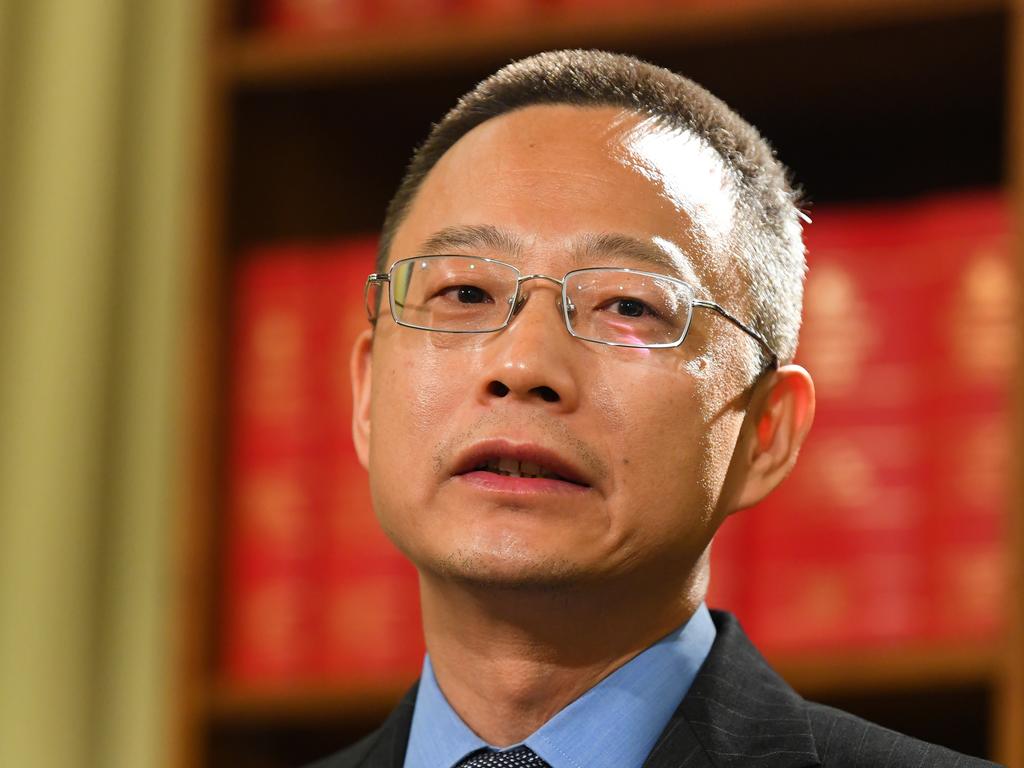
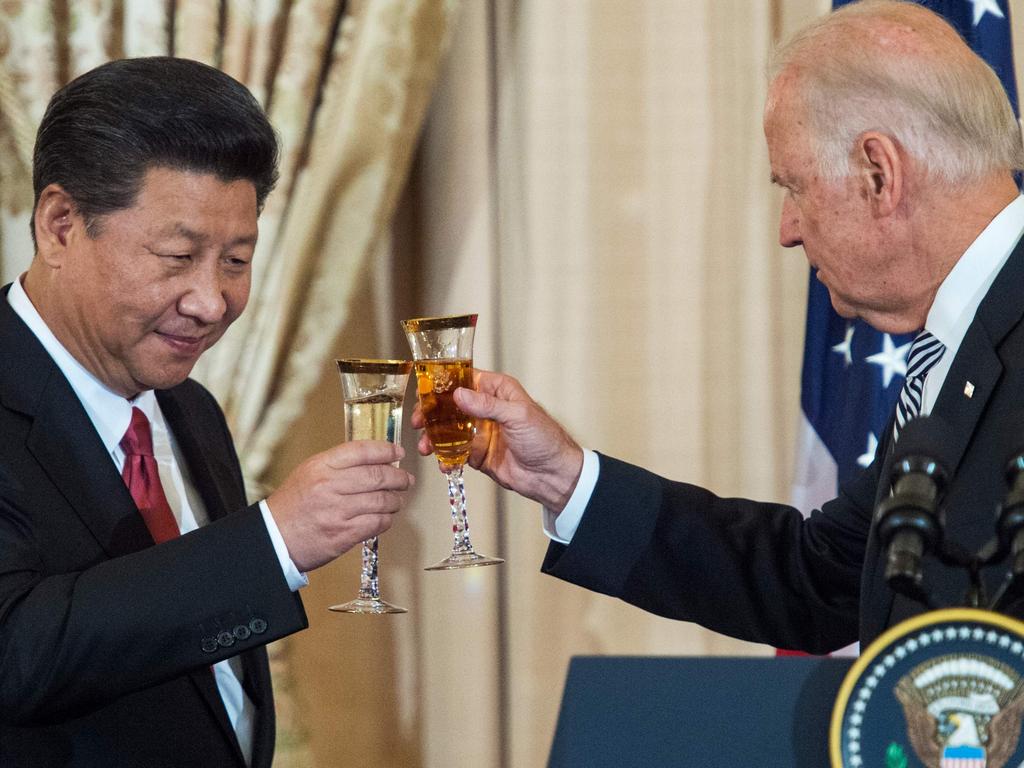




To join the conversation, please log in. Don't have an account? Register
Join the conversation, you are commenting as Logout